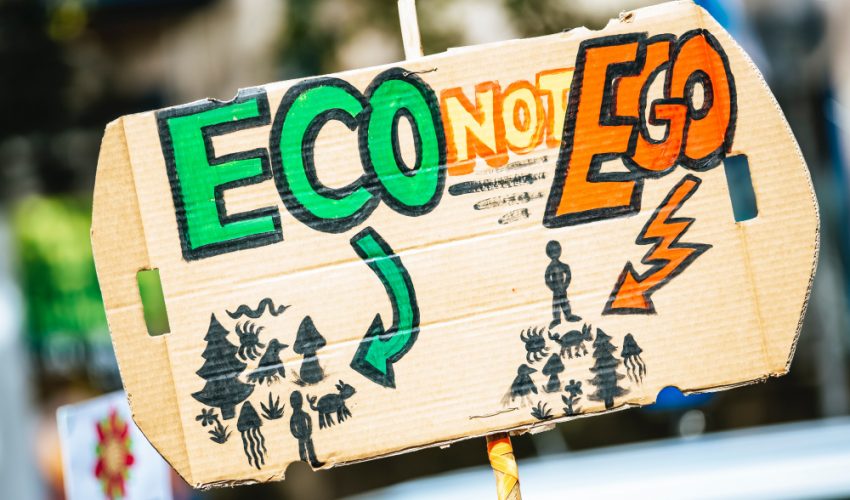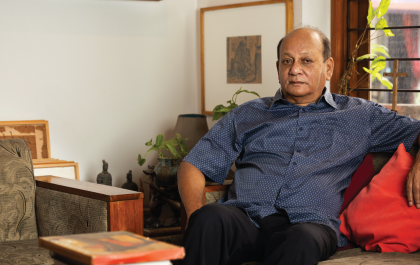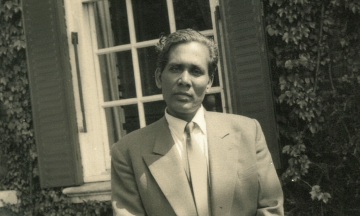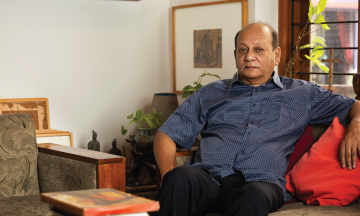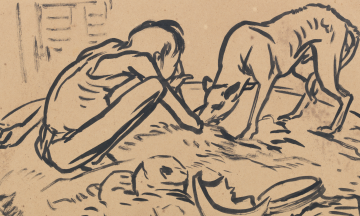By Faeeja Humaira Meem
Bangladesh is already feeling the negative effects of climate change and global warming as confirmed by the recent flooding in Sylhet and the heat surge that followed in the area. Frustrated by the lack of global response despite the many reports, young volunteers as well as climate activists around the country have started organising protests against the climate crisis.
As someone who has lived in Sylhet their whole life, I am terrified of this place. According to a Dhaka Tribune article, this year’s catastrophic flash floods have been beyond anything Sylhet has ever experienced, which as a citizen I can vouch for. The city recorded over 1,456mm of rain in the month of July, which is roughly 78% more than the monthly average. We all know the facts and the numbers, but it is crucial that we address the elephant in the room: climate change. According to experts, climate change is to blame for the recent surge in rainfall in Sylhet.
Let me start over with a few crucial disclaimers. First of all, I make no claims to scientific expertise and I am not a scientist. Second, I have no financial or other personal investment in the climate change discussion other than my concern for the future of my loved ones. Additionally, I am not a member of any groups that have a direct political stake in influencing how people feel about climate change. I’m simply a citizen of a developing country interested in making the most informed judgments possible regarding how climate change will affect the city where I was born and brought up.
At least 68 people have died and many were left homeless as a result of the devastating floods that overwhelmed most of Sylhet over the past three weeks. Seven districts and an estimated 7.2 million people have been impacted, according to the UN.
When the flooding got extreme, numerous teams made an effort by raising funds from the public to locate people in remote regions and transport them to a safe place to stay. Along with prepared meals, clean drinking water, and medication, they also provided reassurance to anxious families and carried little children for those trying to remain afloat. While the government made efforts to send relief to the flood-affected, and deployed the army and the air force to distribute emergency aid and rescue flood victims in remote areas, it was these organisations led by young people, some of them my close friends, that reached the most people in need, helped with rescue, and distributed the necessities.
Bangladesh is already feeling the negative effects of climate change and global warming as confirmed by the recent flooding in Sylhet and the heat surge that followed in the area. Along with increased river flow and inundation during the monsoon, hotter summers, irregular monsoons, untimely rainfall, heavy rainfall over short periods causing water logging and landslides, there have also been very little rain during the dry season, crop failure due to drought, prolonged cold spell, salinity intrusion along the coast, coastal erosion, riverbank erosion, deaths due to extreme heat and extreme cold, increasing mortality, morbidity, prevalence and outbreak of dengue, malaria, cholera and diarrhoea, etc.
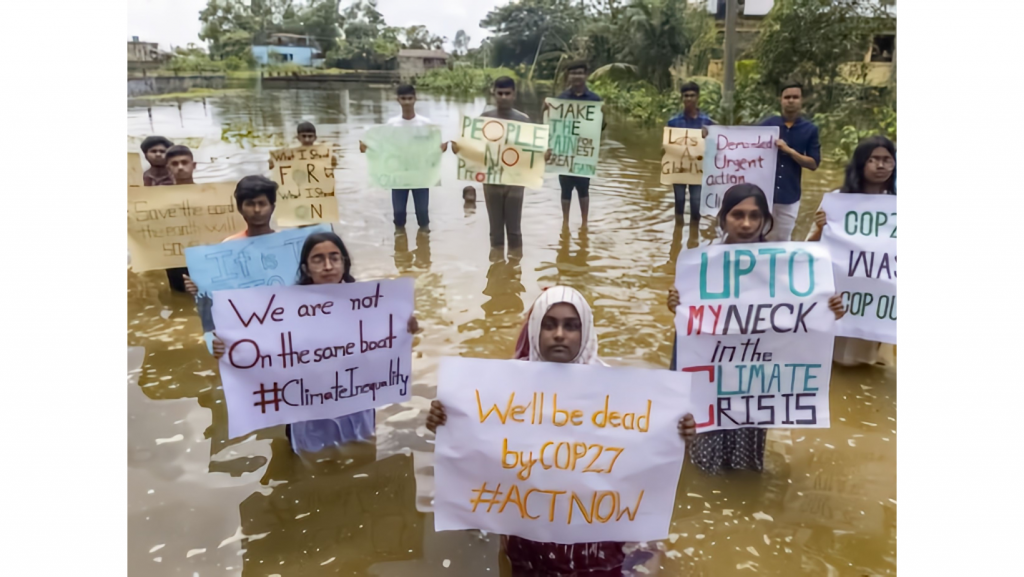
It is suffice to say the recent events have left us all traumatised but what is worse is that we are now aware of the disastrous future that lies ahead of us, yet nothing is being done to ensure the safety of the same developed future of which the government promises and assures us. However, frustrated by the lack of global response despite the many reports, young volunteers as well as climate activists around the country have started organising protests against the climate crisis.
According to a report released by the Intergovernmental Panel on Climate Change (IPCC), unless governments take effective action to reduce greenhouse gas emissions and encourage behavioural change, the world is heading into a climate crisis with rising sea levels, greater temperatures, and more extreme weather. The findings of the report are especially relevant to Bangladesh due to its low elevation, high population density, and poor infrastructure.
“We don’t expect much from global leaders as we’ve become used
to their empty promises, but we can always expect Sylhetis to show up,
especially during a crisis.”
Humayra Jeba, a 20-year-old climate fighter at YouthNet, the largest network for climate advocacy led by youth in Bangladesh, claimed in an article on The Guardian that women and girls are the most affected by the flooding because they have less access to resources. “With high existing levels of poverty and inequality, climate change is intensifying the everyday challenges they already face,” said Humayra. In the same article, Nawfat Ibshar, 18, who is from Habiganj commented, “We don’t expect much from global leaders as we’ve become used to their empty promises, but we can always expect Sylhetis to show up, especially during a crisis.”
One of the most disheartening causes for the change in climate in Sylhet that we have had to witness over the last few years is the unfortunate, immense deforestation. Trees being cut down is a major factor for the flooding as due to deforestation, the water holding capacity of the soil decreases. The rivers need proper dredging for better flow of water and it must be a routine necessity in the waterways. The city requires a better drainage system not only for preventing clogs but also to reduce stagnation and harmful insects in the water.
Bangladesh is one of the few countries in the world that best illustrates the severe imbalance of the climate crisis. The time to take action on climate change is now for Bangladesh and a great number of other countries, and for our shared future. While young people like me think about their careers and life ahead, it is important to raise our voices for those who struggle with the impact of climate change. Their stories are not heard in the COP26 conference and as Ibshar’s sign board that she held up in bright orange handwriting said, “We’ll be dead by Cop27 #ActNow,” we must truly act now.
- tarin fatema
- tarin fatema
- tarin fatema
- tarin fatema
- tarin fatema
- tarin fatema
- tarin fatema
- tarin fatema
- tarin fatema
- tarin fatema
- tarin fatema
- tarin fatema




